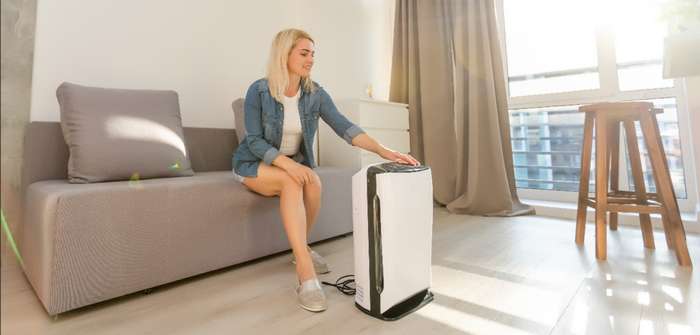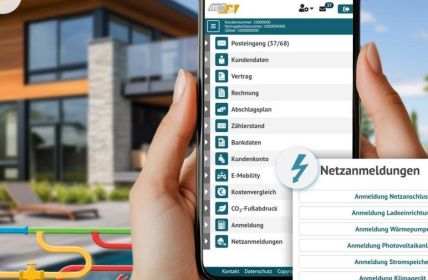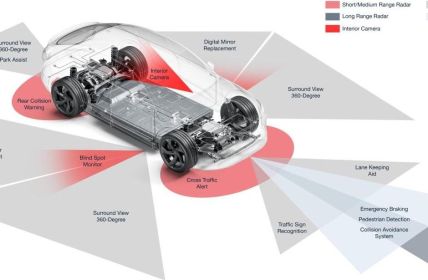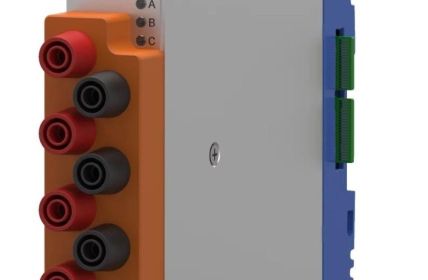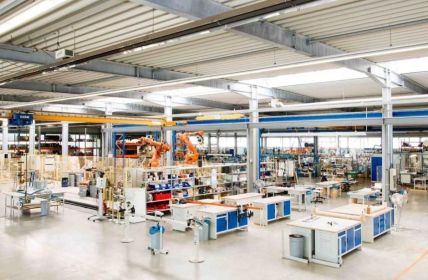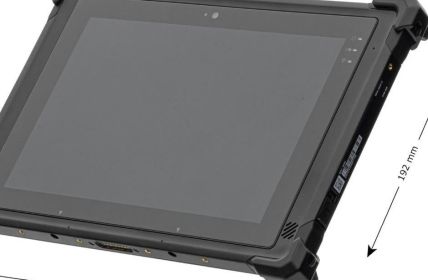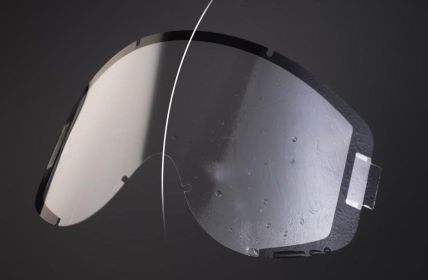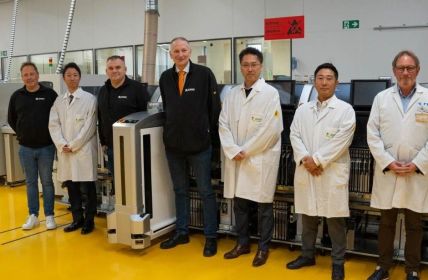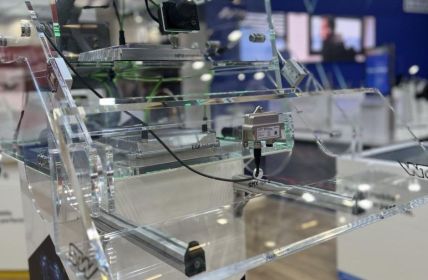Vitesy, a startup for IoT air purification, was able to acquire 2.6 million euros in an investor round. Last year, the company already managed to raise 1.2 million euros. The money is to be used to drive the expansion of the business model and the further development of the company’s own products. The potential of the global market for air purification is estimated at around 33 billion dollars by 2023.
Table of Contents: What awaits you in this article
Five times more air pollution indoors than outdoors
People in modern societies spend up to 90 percent of the day indoors. The air they constantly breathe is filled with a variety of pollutants. These are emitted by appliances, furniture, wall paints and cleaning agents that can make people ill or trigger allergic reactions.
The daily chemical cocktail in the four walls
For example, surfaces of furniture or building supports release formaldehyde. Screens emit alkanes and terpenes. Printers and copiers emit benzene, styrene toluene, ethylbenzene. And conventional cleaning agents are considered to be spreaders of ammonia. Each substance on its own has long been known for its harmful properties. The long-term consequences of mixing them together is still unpredictable, even for researchers in the field.
Vitesy: Using nano-technology to combat air pollution?
Italian startup Vitesy combines the filtering powers of nature with the air purification of nano-technology in its products. Plants can not only produce oxygen. They are also able to seal pollutants in the soil. There they are broken down by microorganisms and converted into nutrients. Vitesy is now copying these capabilities using nanotechnology. In a process known as photocatalysis, for example, a ceramic filter is treated with tungsten trioxide, whose LED light is supposed to decompose the pollutants.
Health hazard of nanotechnology
It has long been known from scientific studies that nanoparticles can damage lung tissue and accumulate in the brain and many other organs. In some cases, they massively disrupt basic bodily functions with serious long-term consequences. The extent to which the use of these materials, especially in air purification, is supposed to contribute to the preservation of one’s own health will probably remain a secret of the developers.
IoT for better air
For fans of automated remote maintenance of networked devices, Vitesy also has some functions on offer. For example, one’s indoor air can be monitored with sensors that can independently activate IoT solutions when pollutants are detected. An app not only allows changing the default settings, it should also manage air control. The low power consumption and the filters that do not need to be changed serve as a guarantee for the sustainability of this technology.


